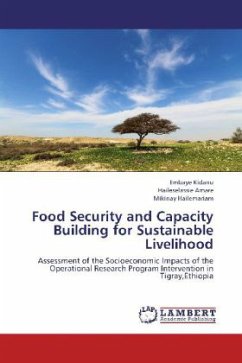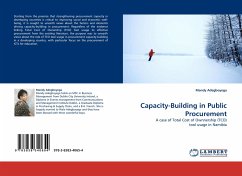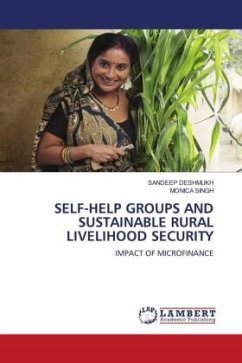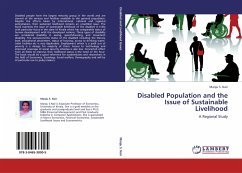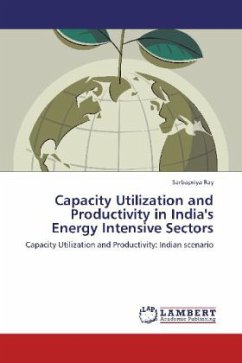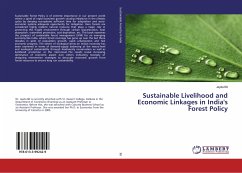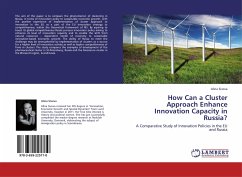The economic policy of Ethiopia aims at ensuring rapid and sustainable development through an agriculture-centered development strategy. This strategy is known as Agriculture Development Led Industrialisation strategy (ADLI), and concentrates mainly on the linkages between agriculture and other sectors of the economy. Agricultural growth is seen as a guarantee against food insecurity in the country. The food security strategy5 of Ethiopia is based on three important aspects: a)increasing food and agricultural production, b) improving food entitlement and c) strengthening capacity to manage food crises. In order to improve agricultural production a major emphasis is given to increasing productivity through the diffusion of improved technologies. In the food entitlement strategy, the focus is on reducing vulnerability in drought prone areas. The strategy also focuses on strengthening emergency capabilities. It involves maintaining emergency food reserves, developing an effective early warning system, and holding strategic seed reserves.

